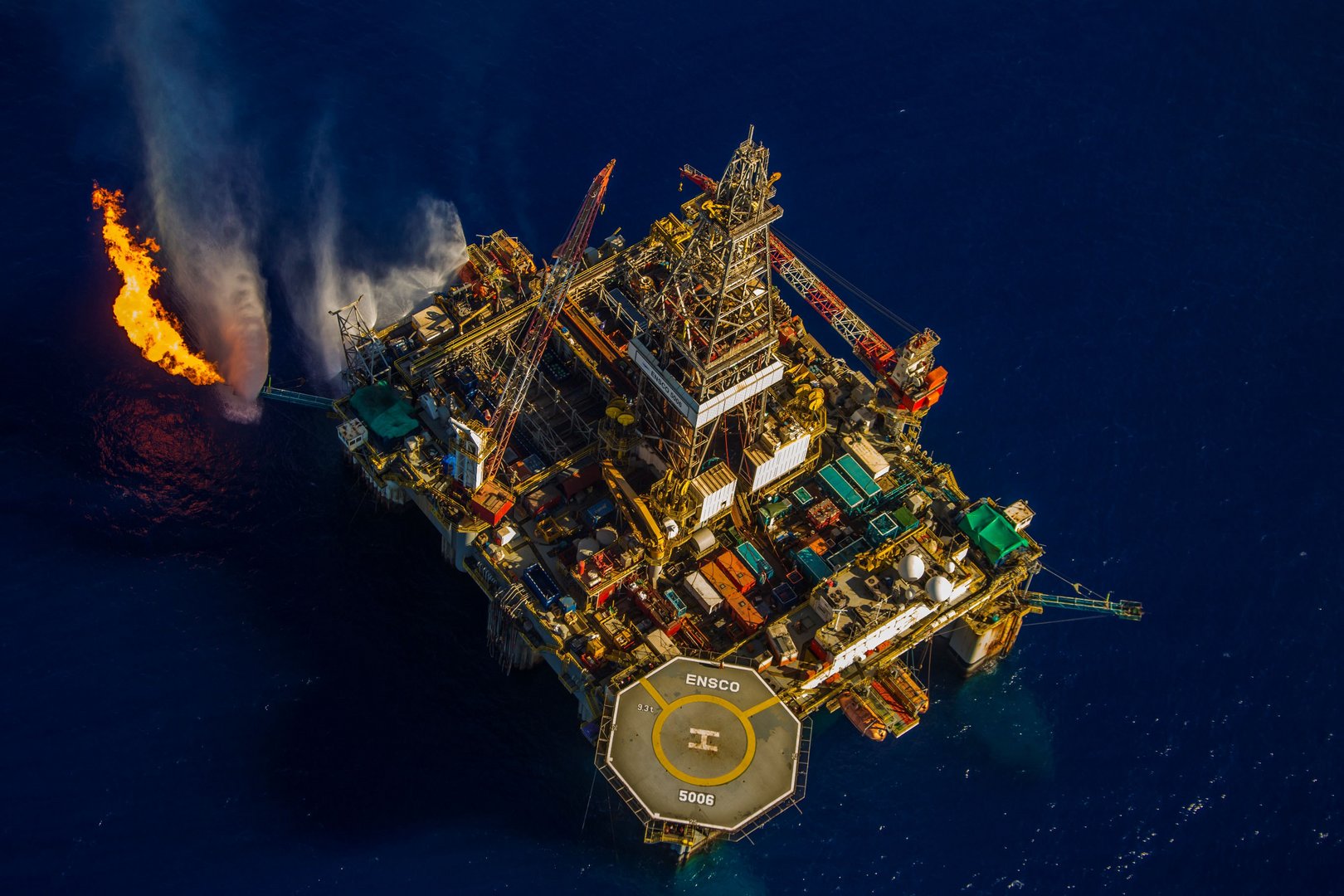The construction of a floating production unit (FPU) in Cyprus’ natural gas field Aphrodite is necessary for its development, Energy Minister George Papanastasiou said on Tuesday during a meeting of the House energy committee.
Chevron, the operators of the Aphrodite gas field off the coast of Cyprus, has until March 31, 2024 to submit its updated production and development plan for the field, the minister told MPs.
Papanastasiou also clarified that a few days ago an arrangement was made with the company and not an agreement.
According to the minister, in the arrangement the companies accepted that the Cyprus rejection of the revised plan they had previously submitted to the government.
“At the moment what is being discussed is that the FPU is necessary and also because from 2019 until now the energy situation in the eastern Mediterranean has changed a lot – both geopolitically and energy-wise itself – we thought it right that perhaps we should also accept an update of the specific plan,” he said.
He clarified that updating means that the plan is more functional in the current energy environment of the eastern Mediterranean and in the environment of Cyprus’ exclusive economic zone (EEZ).
The Aphrodite consortium consists of Chevron Corp with a 35 per cent share (operator), BG Cyprus (Shell) and NewMed with a 30 per cent share each.
Papanastasiou said that he believed March 31 would be enough time to have the companies submit an updated plan, which should contain the FPU.
In August, the government rejected a revised plan submitted by the companies in May.
The main points of disagreement in that plan included the construction or not of an FPU at Aphrodite, the construction of three instead of originally five production wells, and the timeline for delivery of the Feed (Front-End Engineering Design).
Papanastasiou said that after the processing of the original proposal by the government’s advisers and the Cyprus Hydrocarbons Company (Eyk), it was considered that there is a big risk and it left uncertainties both financially and in terms of recovering quantities of natural gas.
He added that there was a serious possibility that the flow of natural gas would have been reduced at the time, while there was also the possibility that water would enter the pipeline.
For this reason, as he said, the amendment to the development plan was rejected.
Speaking to reporters after the committee session, Papanastasiou said it was the companies that proposed the March 31 submission date and that Cyprus had accepted.
Asked to comment on what the agreement will bring to Cyprus, he said “we need to be realistic”, adding that Aphrodite is one of the smallest reservoirs in the region.
But exploitation of the Aphrodite field is very important for Cyprus because it is its most mature deposit.
On the other hand, he added, the sensitivities and finances that interest the consortium and the companies must be taken into account and that is where there is discussion to reach a mutually acceptable conclusion through the update of the development and production plan.
He further explained that the 2019 plan includes two important points, the FPU and the pipeline to Egypt. He added that both points must be honoured by the parties involved. With this logic, he said, any change should be explained in economic as well as geopolitical terms.
Referring to the advantages of the floating unit above the Aphrodite field, the minister said that it enables dry natural gas to be sent for any use in any direction. The infrastructure, he added, will be under the control of the Republic of Cyprus and the country will be able to decide how to use its natural gas.
With reference to the rest of the reserves of the Cypriot EEZ, the minister mentioned that there are good developments in the southwestern cluster of reservoirs which are Glafkos, Zeus and Kronos.
He noted that Kronos 2 drilling is being conducted and results will be available by the end of January, and it may also become ‘development field’.
“So we may also have a maturity in the southwestern part of the EEZ. In such a case, we may see natural gas coming out of these deposits instead of our most mature one, which is Aphrodite,” he said.
Regarding the developments concerning the arrival of natural gas in Cyprus, the minister said that the terminal being built in Vasilikos is expected to be complete at the end of July 2024.
He added that the floating unit has been completed, passed sea checks, gas checks and fixed most of the problems that had been identified. Certification by an independent certifying organisation is now awaited so that the floating unit can be obtained and come to Cyprus.
Papanastasiou added that the terminal and the floating unit are expected to be in operation in the summer of 2024, while the natural gas public company (Defa) is in the process of finding suppliers for liquefied natural gas.
“We should expect natural gas burning at EAC’s Vasilikos power plant, end of 2024, beginning of 2025,” he said.
Over the weekend, and in a filing to the Tel Aviv stock exchange, Israeli firm NewMed Energy said that on December 8 Cyprus’ energy minister “authorised the operator to submit for his approval, by March 31, 2024, a proposal for an optimal development plan, such that if the minister approves it, the date for compliance with the milestone will be postponed at the minister’s discretion”.
The “milestone” refers to the cutoff date by which the joint venture is supposed to commence the Feed study for Aphrodite, as agreed under the original development plan of 2019.
Under the 2019 production sharing contract, the companies were supposed to commence the Feed study by November 7, 2023.







Click here to change your cookie preferences